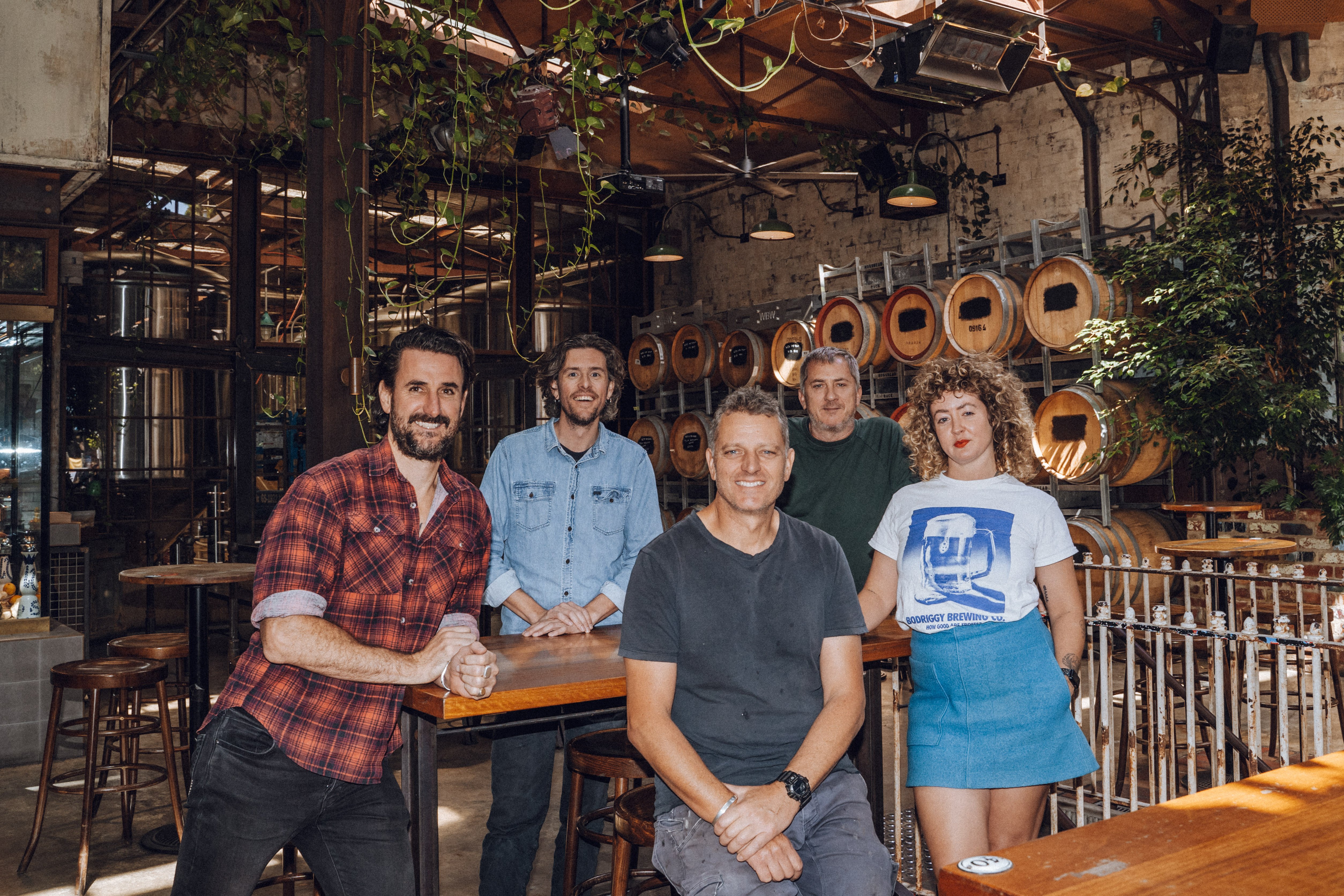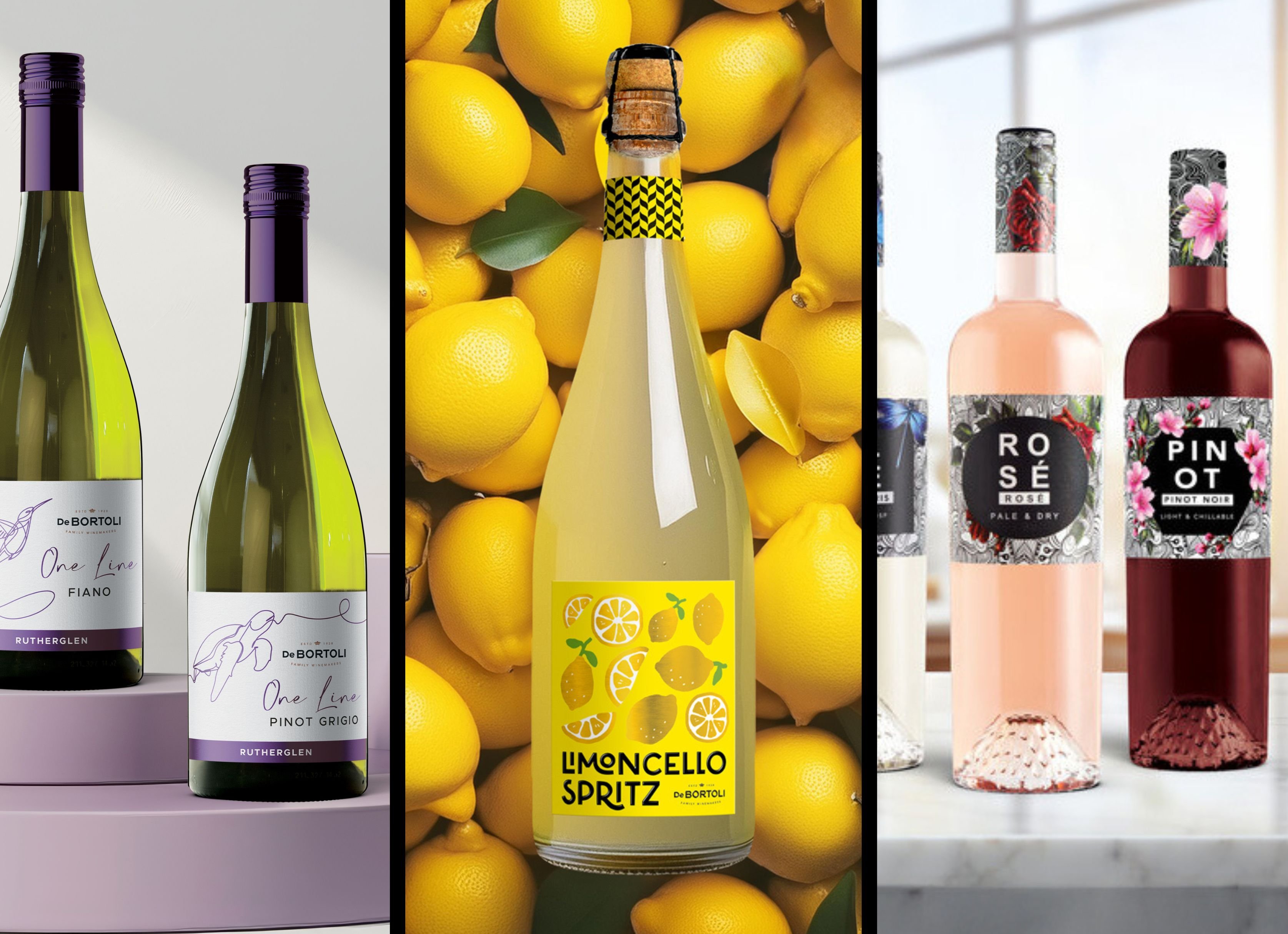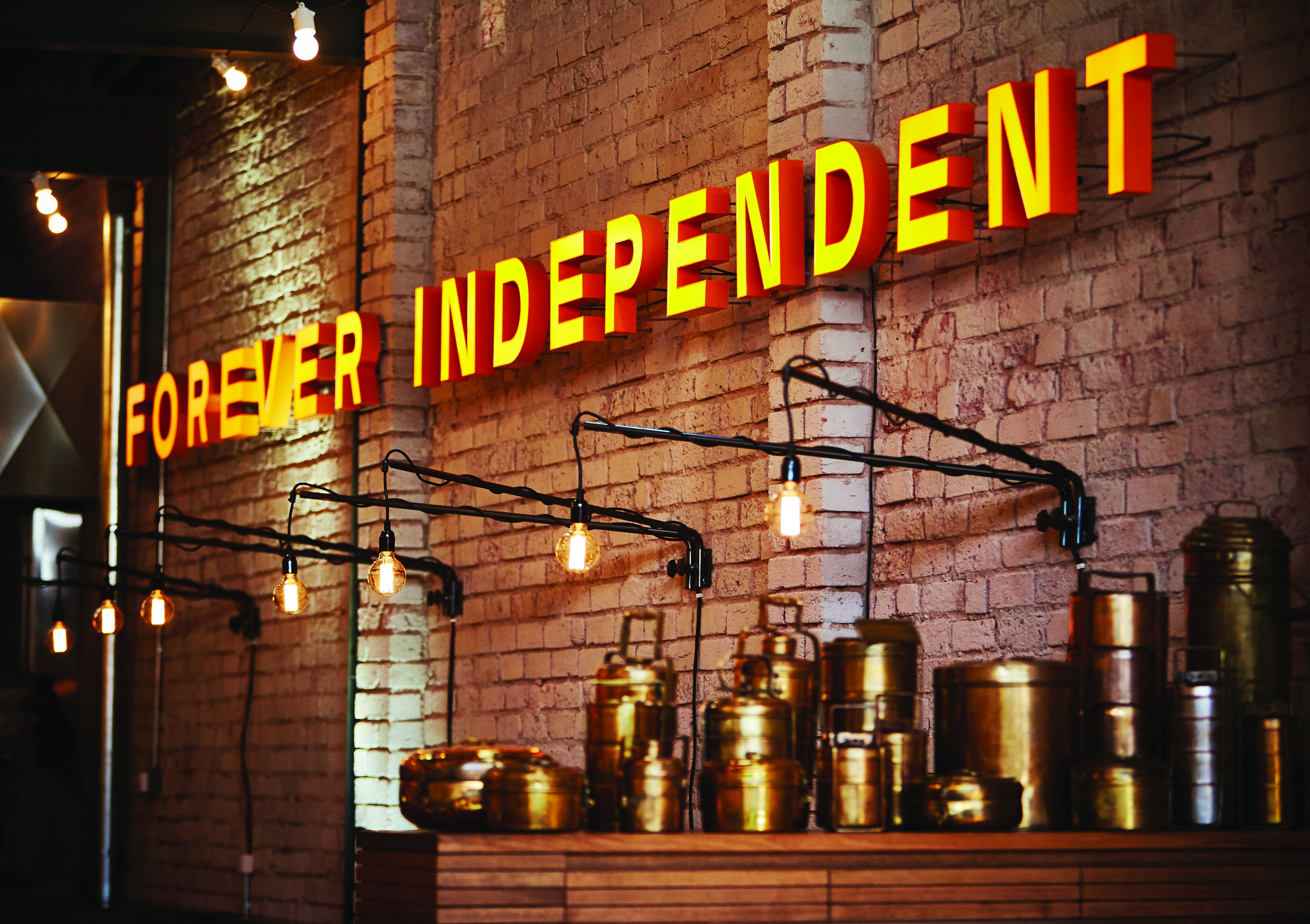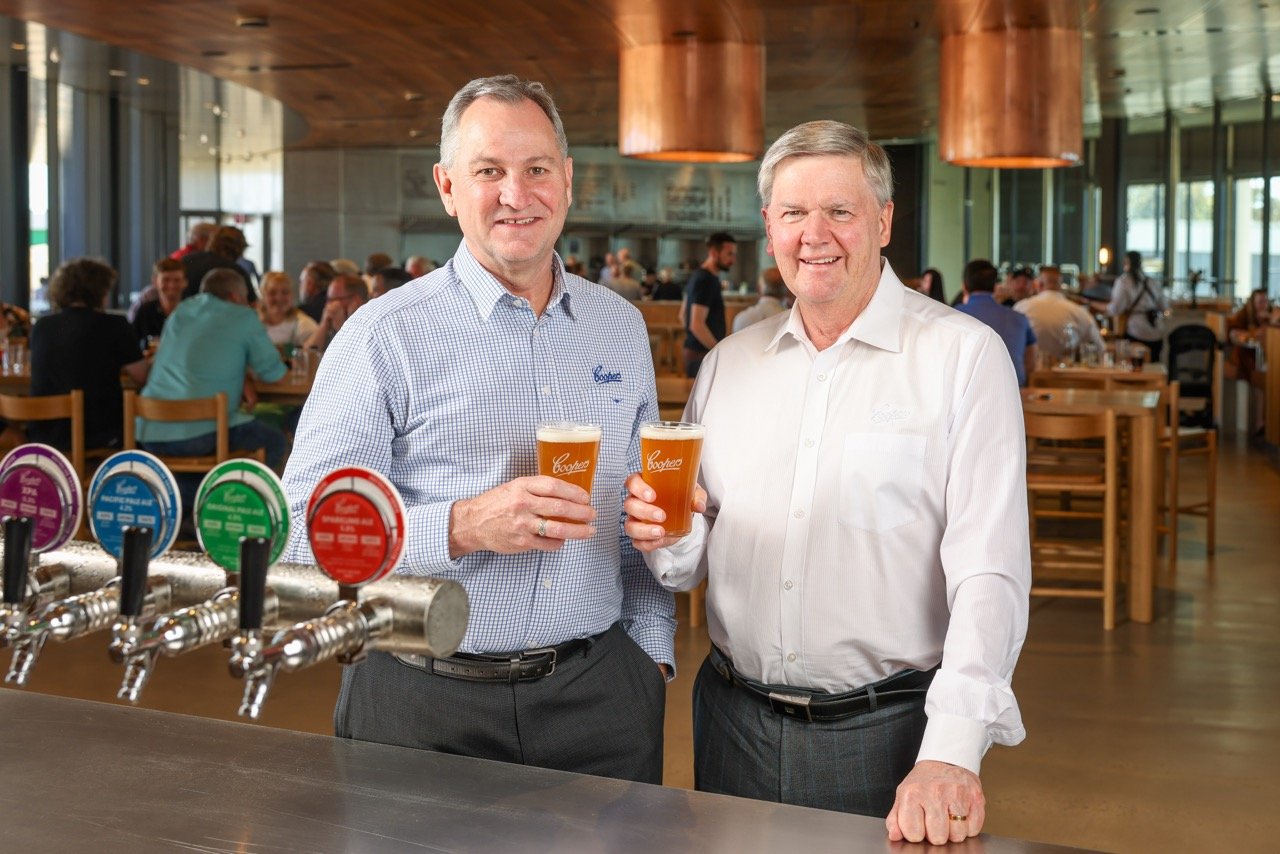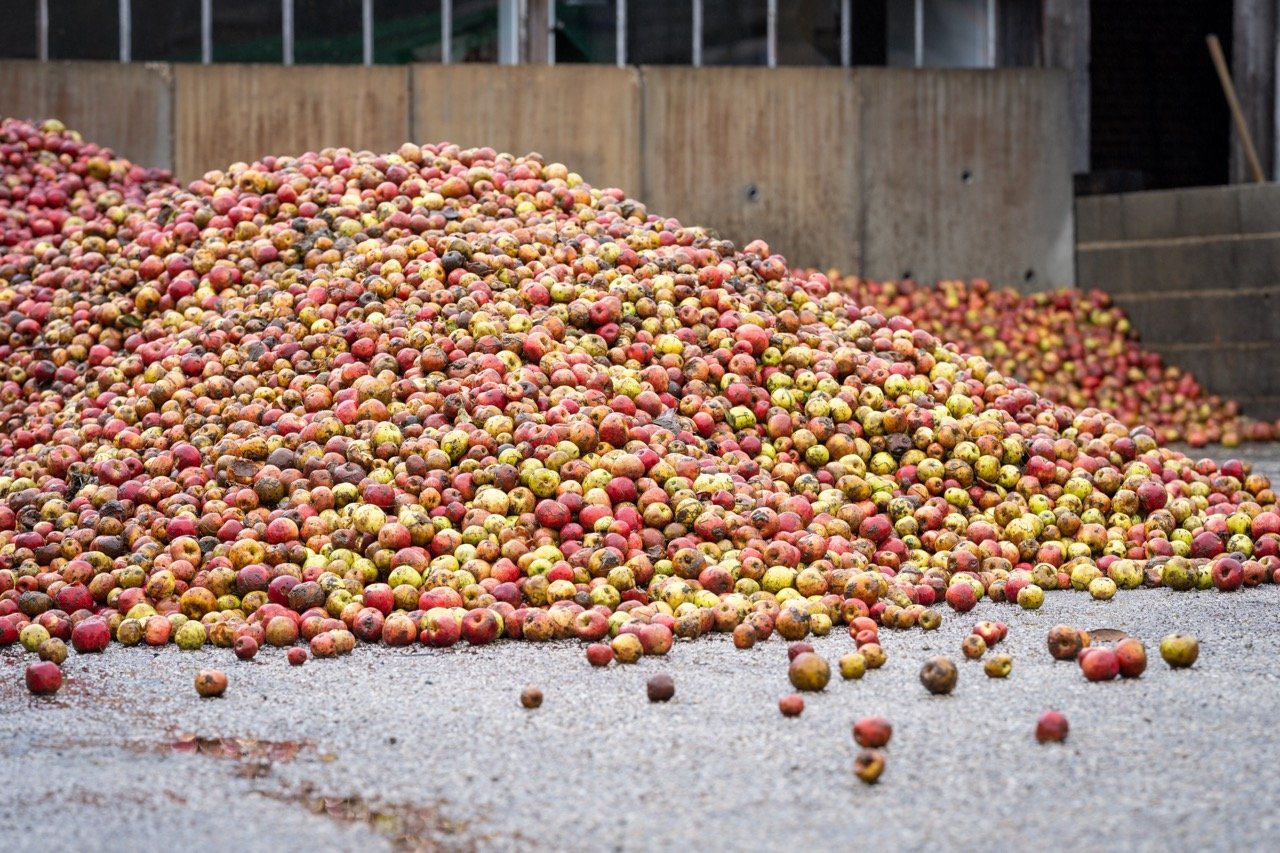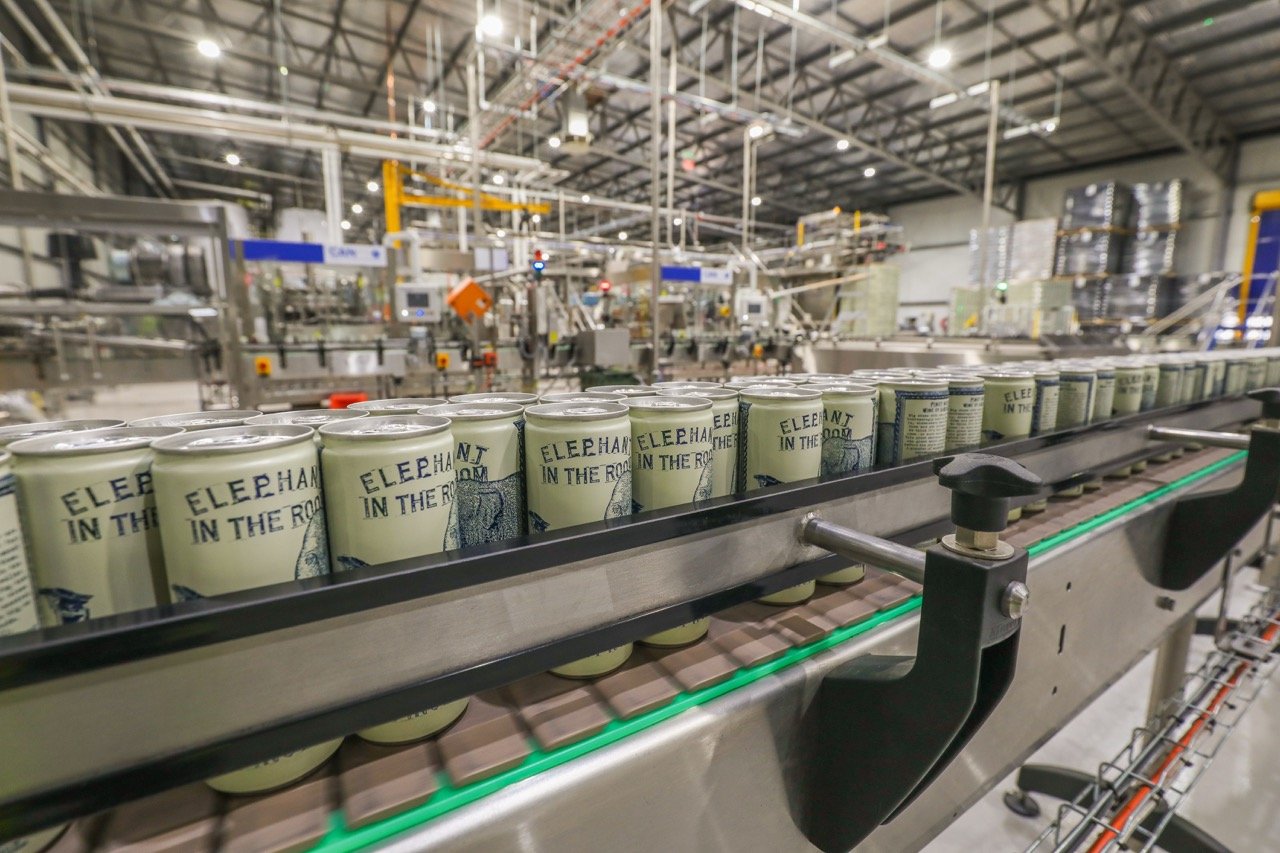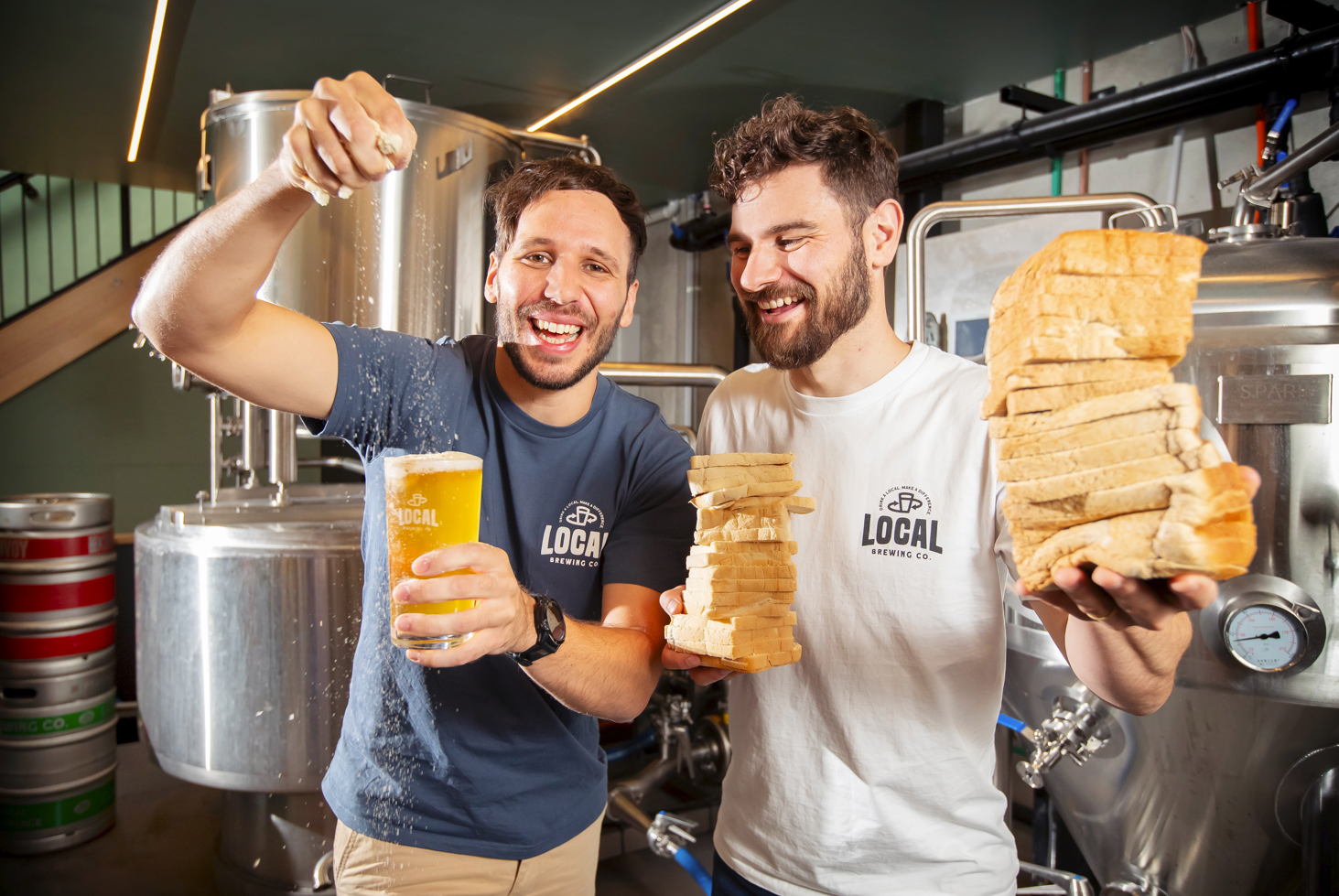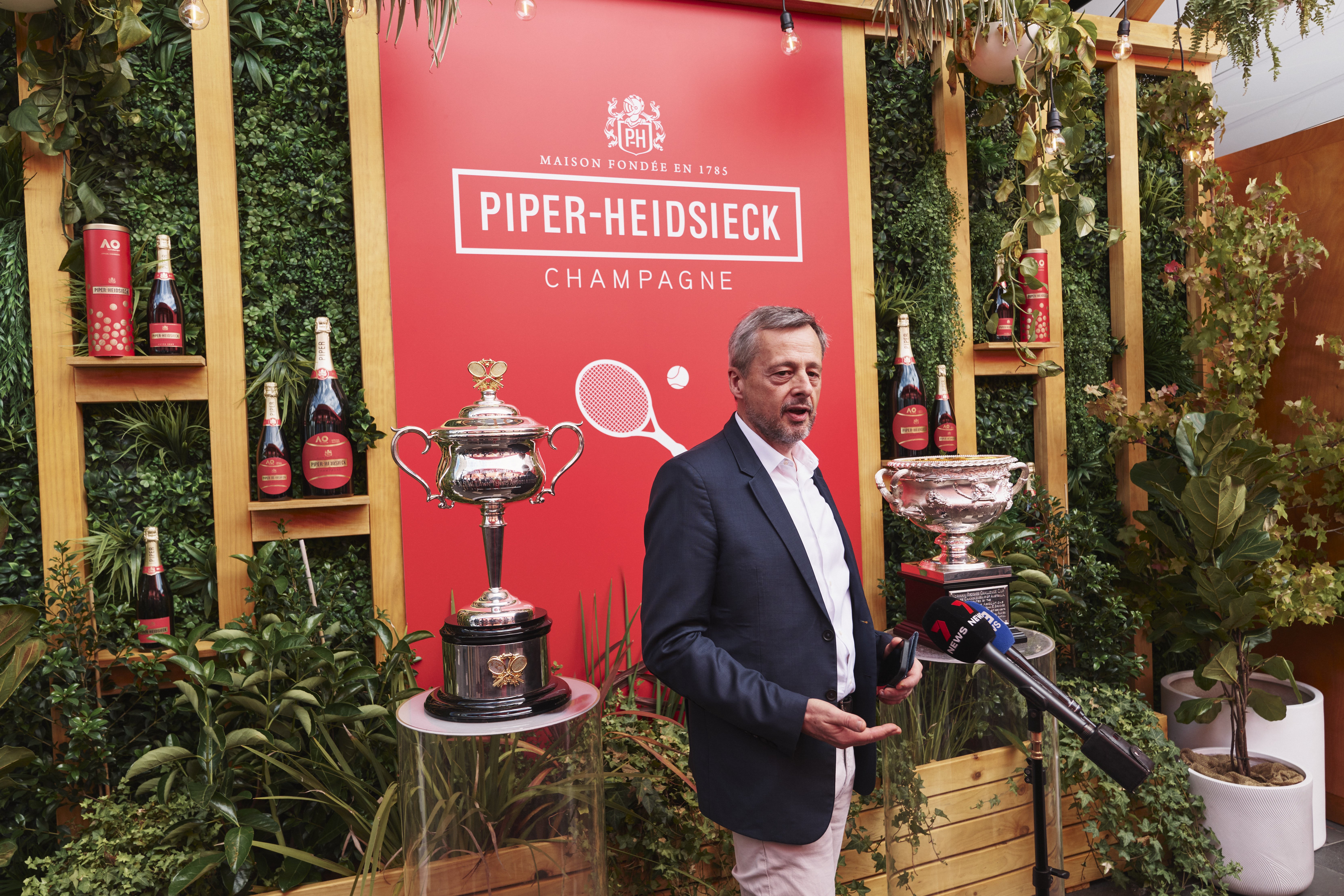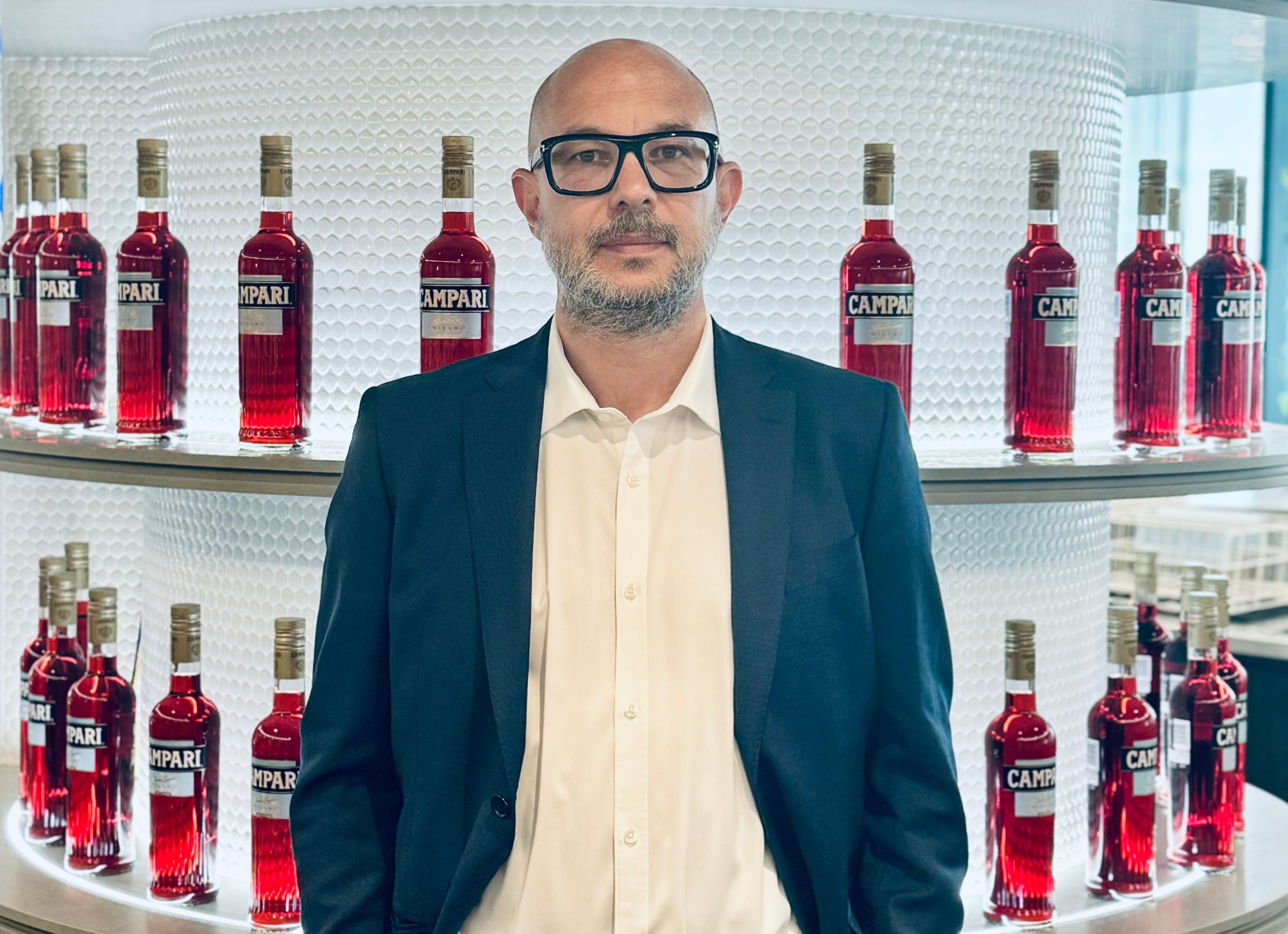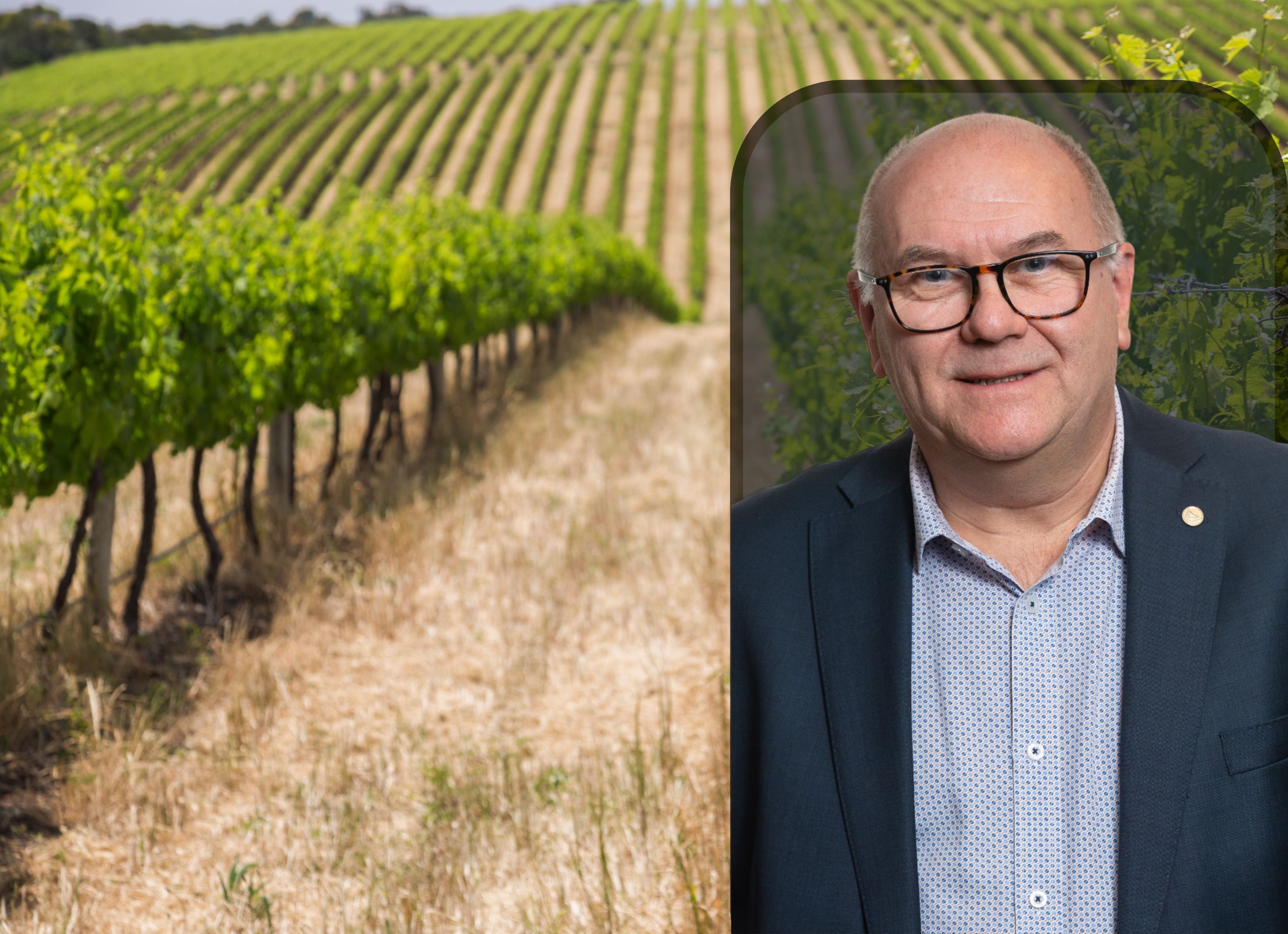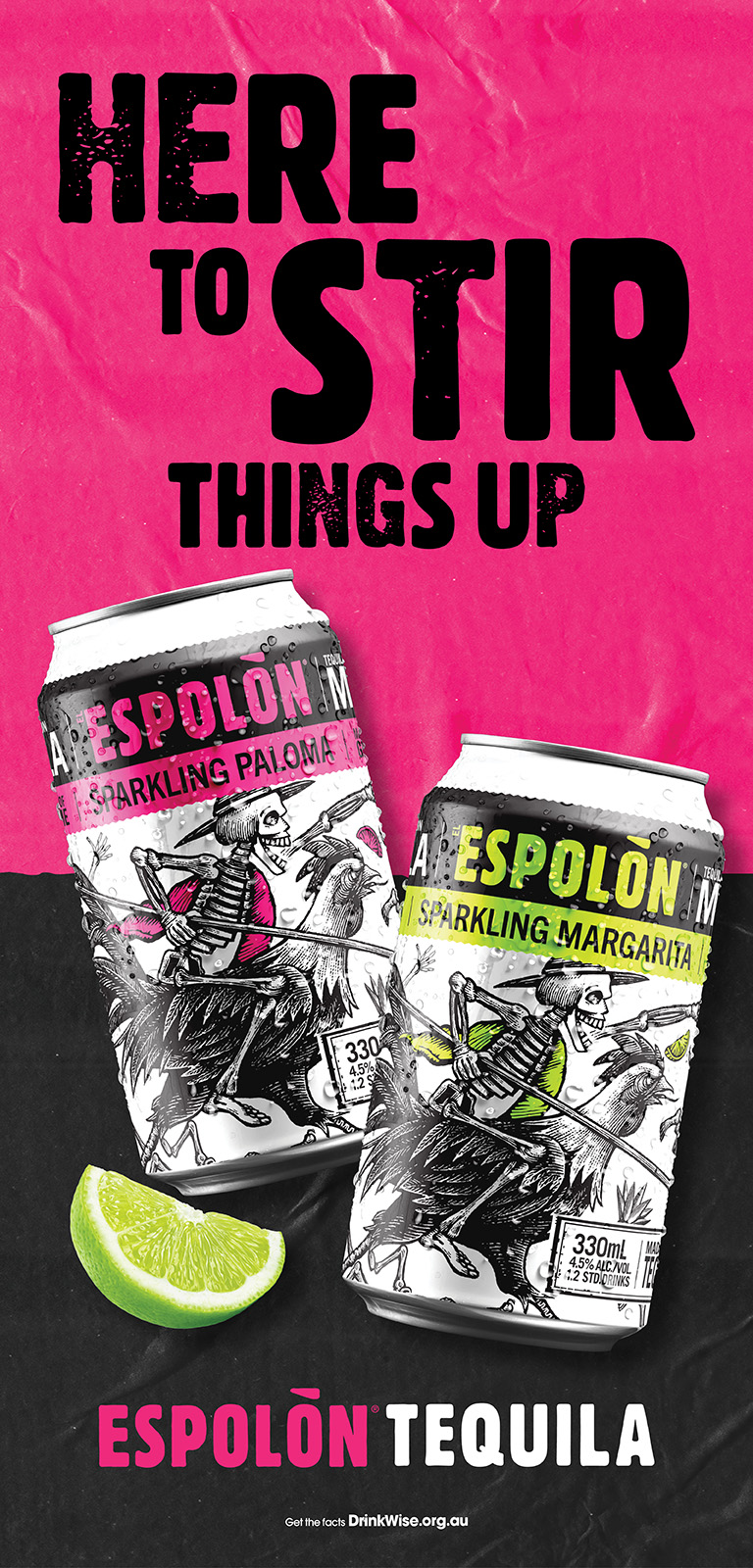Melbourne’s Bodriggy Brewing Co recently became the second Australian brewery to achieve carbon neutral certification across all of its business operations and beer productions, following on from Capital Brewing Co who became carbon neutral in 2022.
Drinks Trade sat down with Peter Walsh, Founder, to discuss his experience of the certification process.
Drinks Trade: How did the carbon neutral conversation come about?
Peter Walsh: We started off with a fairly casual conversation with [energy management experts] Pangolin. The way that they do it is it's a couple of years worth of auditing, and then with them we had a look at the next couple of years, and then we realigned our pillars and we decided that it was relevant to the area.
DT: Can you outline the process of becoming certified carbon neutral? What does it involve?
PW: So the actual processes itself: Pangolin will come in and (because we did a full accreditation, so the brew-pub and the wholesale operation which are two separate businesses) they basically make you record every single coming and going of the entire operation, so every delivery the entire business gets and receives.
It doesn't sound like much, but we probably make 200 deliveries a day and then we probably receive sort of 30 or so and they're all from various locations all around the world so it's a lot of years worth of data, and so that was a huge job.
Then there's I guess the more kind of industrial side of the audit which is measuring water and measuring gas, measuring your power and stuff.
We delegated the roles in each different category: so we got a kitchen guide in charge of all the kitchen staff and then we got a brewery person to start regulating how we had stock coming in and out, then we had a venue person that was in charge of that, and then I was just a bit of a process of accumulating the data and recording it.
After that, it kind of gets to this in-between stage where you work with Pangolin [and] they start giving you an indication in regards to how much emissions you've got. So, you start negotiating it to a certain extent in regards to what sort of target you want to give yourself and how much time, and we sort of set on 30% in six years.
And then I guess it is a process of working backwards from there.
DT: What have you changed/are you looking to change at Bodriggy following the audit?
PW: For example, we want to purchase the laneway that we've got next to our building here and we want to buy some big silos for grain and, instead of getting probably 10 deliveries a week of grain, we probably would just get maybe one to four.
You kind of pencil these goals in and they, [Pangolin], work with you on it. They understand that sometimes you can afford it and sometimes you can't.
Most of the stuff we're looking at is the stuff that is under 1%, so it's, you know, kind of mundane stuff that you wouldn't even think about but we're basically using that as an exercise to try and engage our front house staff… That was one of the reasons that we thought we'd do it as well, is because it's good for staff culture and it's good to engage them in a project like that.
Some of those really big ones to a certain extent are out of our hands… So they present to you options of where you can buy your carbon credits, and how you can do it however you want really.
DT: How much do breweries have to rely on carbon credits to become carbon neutral?
PW: It's interesting. Because we're a brewery we've got these big ticket items, you know, so obviously the gas is a killer for us. The electricity is a big one, and the only real way around that [is to buy carbon credits, so] it's an expensive exercise.
DT: What was the motivation behind becoming carbon neutral?
PW: We've been around for six years or so and we were kind of coming to the stage where we were looking at the pillars of the business and where we're at in our journey; and part of the discussion was just making sure we're still relevant as a brand and on point with what's happening in the world.
We aren’t a little brewery anymore, it's sort of got to the point where we’re making a significant amount of beer: we're not making funky real funky sort of epic hazy beers continuously like we were when we first started… I guess we're sort of stepping to a slightly more mainstream category, and so that some of the pillars that we originally had when we started in 2017 weren't really that relevant.
We didn't know that we were going to necessarily become accredited but we'd already started the process from an economic point of view… Also, the community in this area is very driven in that [environmentally conscientious] direction, so it made sense for us to at least start asking some questions. So we spoke to the guys from Capital which is another brewery that had done the full accreditation and we just asked them how they found it and if I had any pointers.
DT: What sorts of breweries/drinks brands do you think would benefit most from carbon neutral certification?
PW: I guess it's just it's a fairly new scope for a lot of people and, when we did our big announcement, the majority of people were really into it but we did have a quite a few people that also just were like, ‘oh, I kind of feel like it's bulls**t and you've lost us as a supporter.’ I guess in the big picture, although we have expanded and our wholesale market has gone further around, we still do primarily try to brew with [our local community] in mind.
So I guess my opinion would probably be just talking to your local community and see if that's an important factor for them.
DT: It seems like a challenging time to be performing such an expensive process… How has Bodriggy been fairing given the current trading condition?
PW: Particularly now, it's such a dynamic period of trade where some would have had some great months, but some kind of scarily quiet months too, so I think that's a sort of industry standard at the moment.
Last year we were just about to head into this really recessioning horrible period - we had a horrible June, June, July, August last year - so we're kind of going to back down the hatches a little bit, just to just to sort of be pre-empting worst case scenario. It's such a funny time: we had a horrible winter and we had a pretty good summer… We'd like to keep pushing forward and expanding our wholesale growth.
It is a little bit of a case by case, year by year prospect.
DT: How important is having a strong local customer base for Bodriggy?
PW: I've always really enjoyed the brewpub model… you genuinely are producing a product that is fresher and better than any other beer situation in my opinion, and it also engages the community. Where we've set up with music and stuff: that's a cultural hub, and we get an awesome engagement level from our customers.
I'd like to do another one eventually, but we’ve got to wait for for the right time and space I guess.
Share the content
